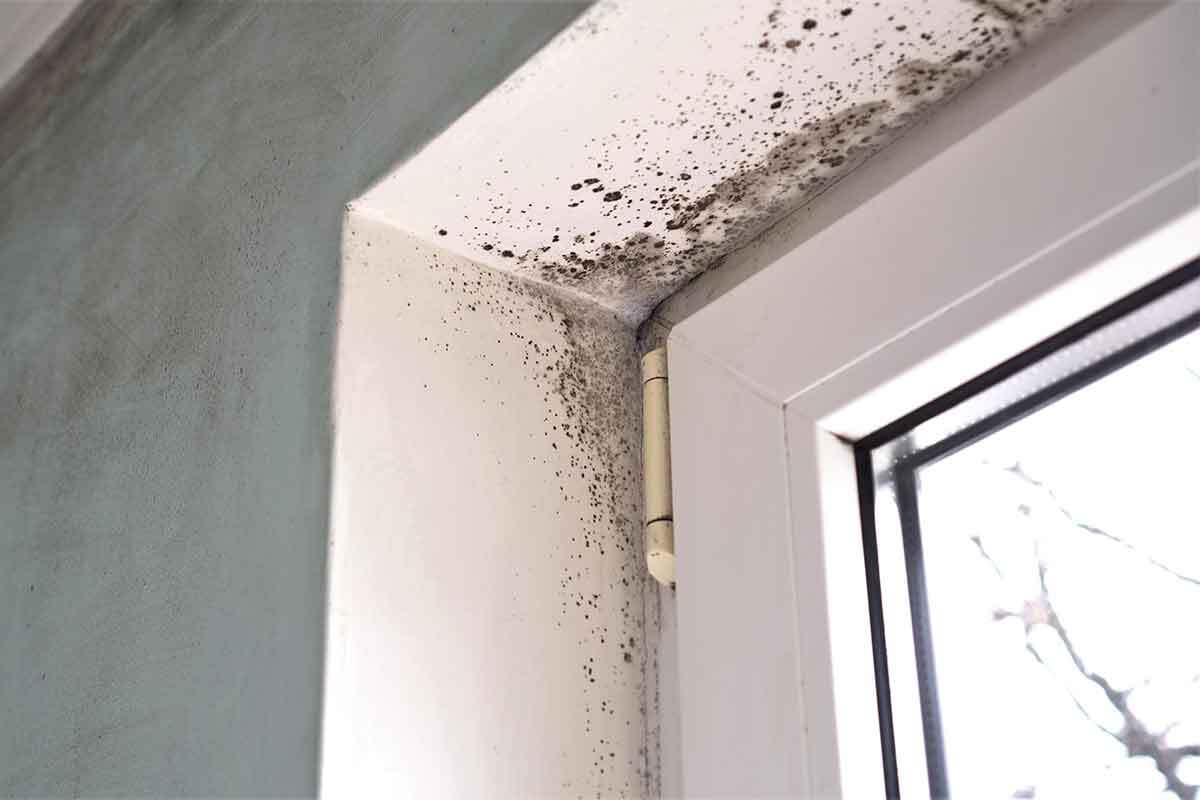Entitled to repairs?
Our solicitors have won hundreds of housing disrepair cases
Are you living in poor housing conditions? If your rented property falls below a reasonable living standard and is in need of repairs, find out how we can help you stand strong for tenants rights and take legal action against them.
A housing disrepair claim is a legal action taken by a tenant against their landlord when the landlord fails to repair or maintain a property they are legally responsible for, and the tenant suffers as a result.

How It Works
You may be entitled to compensation
You are entitled to have essential repairs carried out and you may be entitled to compensation depending on the extent of the disrepair and how long the disrepair has been on-going.
Home Assessment
Verbal and visual
We will need to hear from you and see visual evidence of the problem, this means we will need to complete a home survey, to make sure we're certain you have a claim.
Wait for your claim
Needs to be legitimate
If you have a legitimate claim, we take care of the rest. You just sit back and relax and wait for your claim to process.
Fill out our quick form, as you may be entitled to compensation
We are here to help!
If you are in need of having to have essential repairs carried out, you may be entitled to compensation depending on the extent of the disrepair and how long the disrepair has been on-going.
Once you have sent your details and information, we work tirelessly to bring your case to a resolution as quickly as possible.

